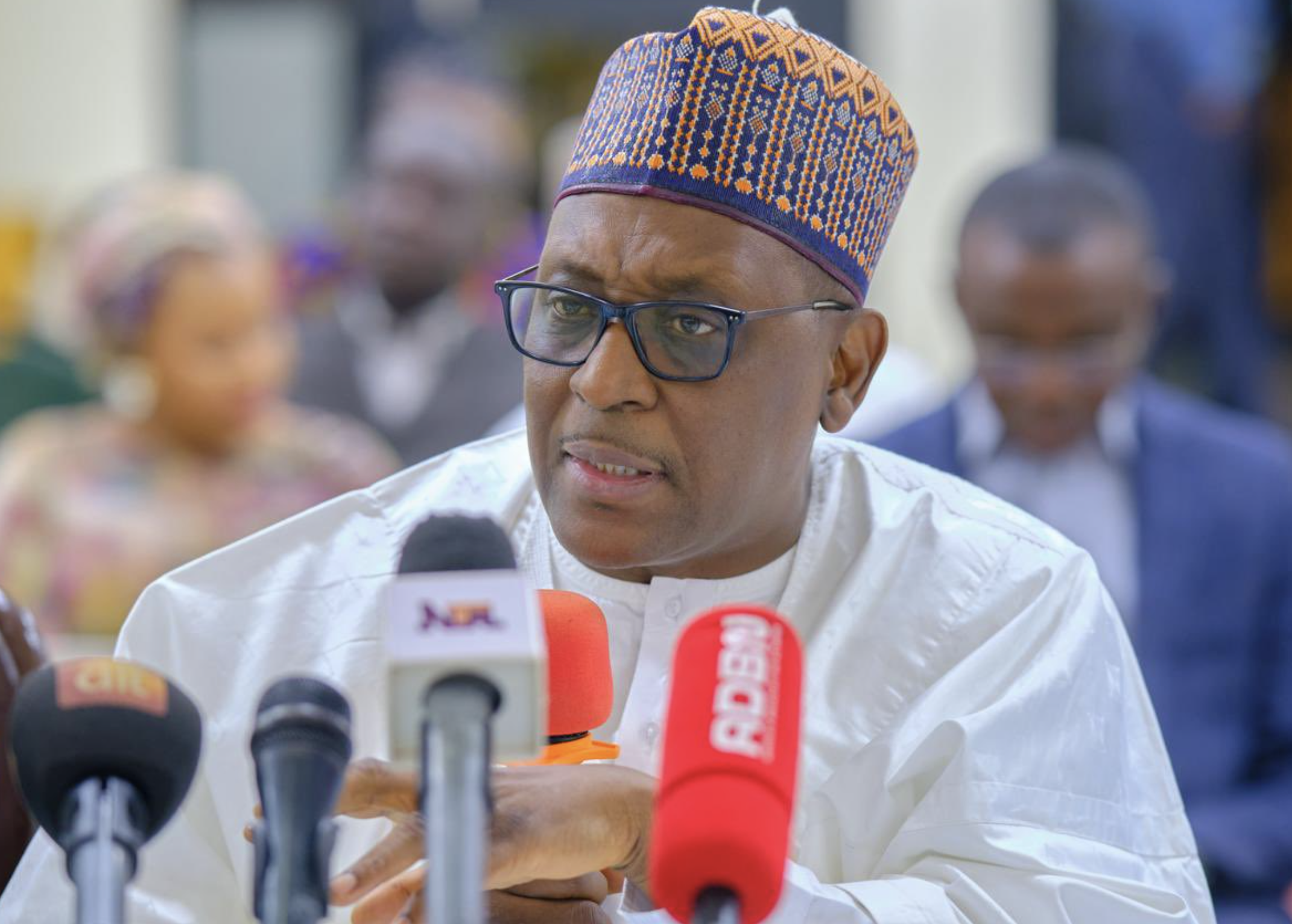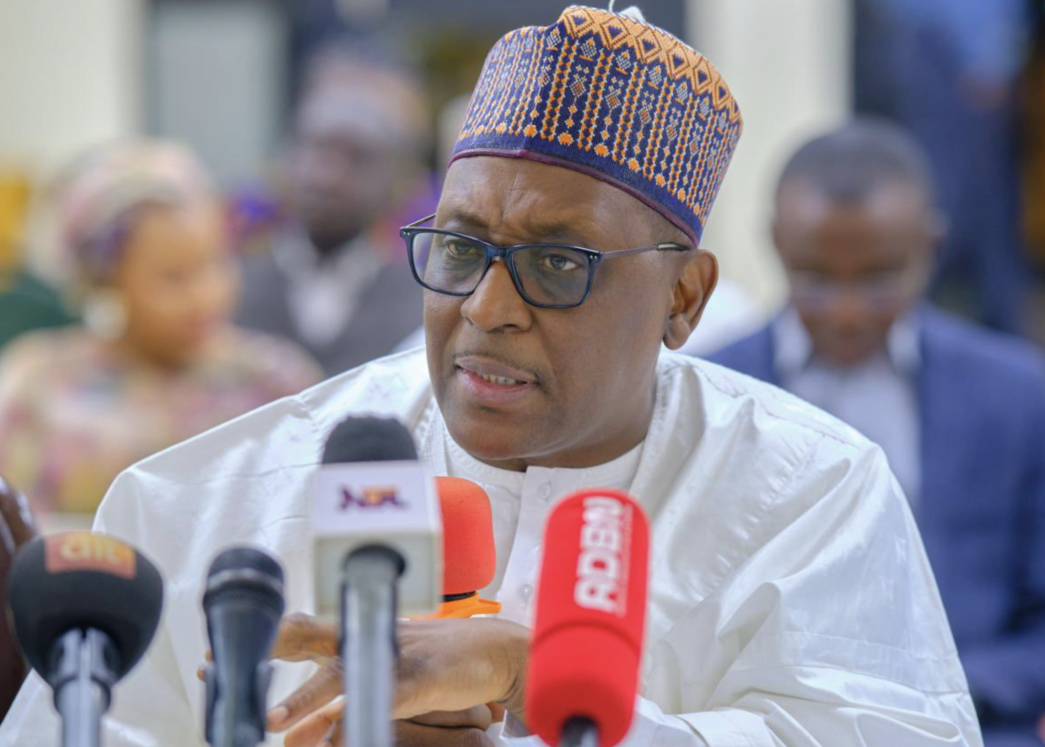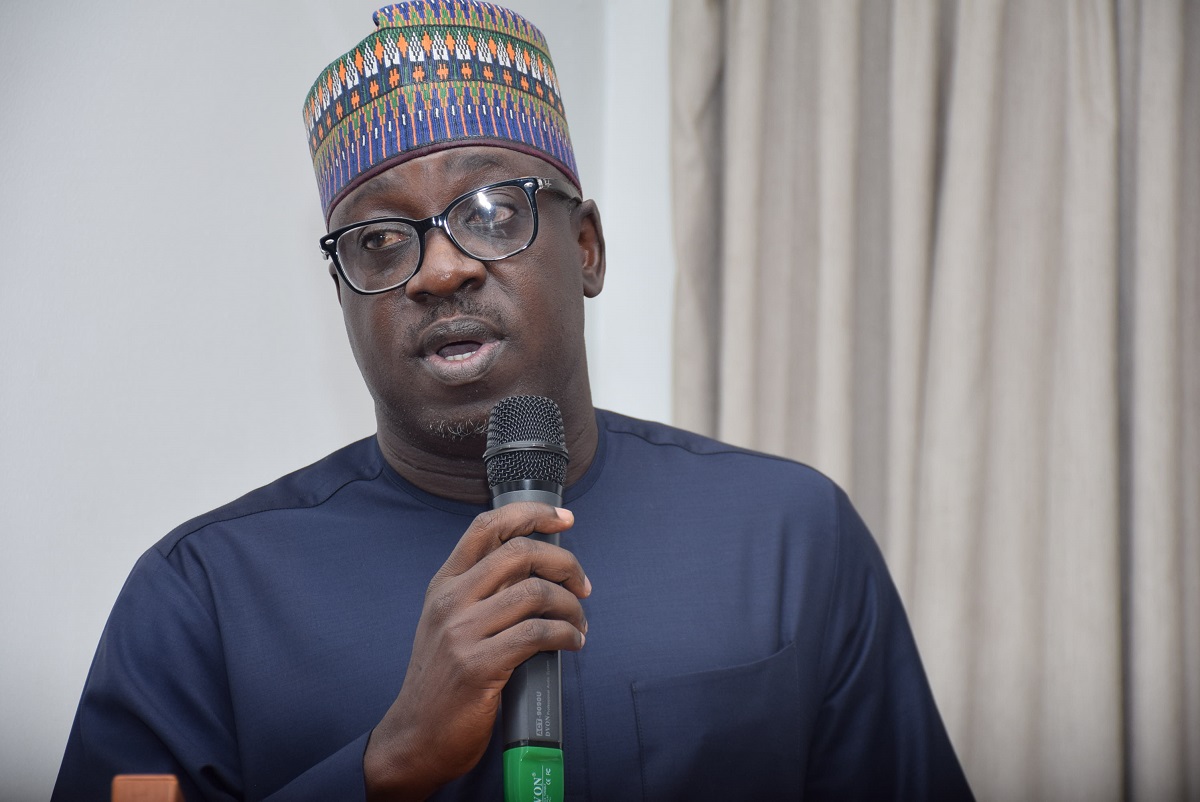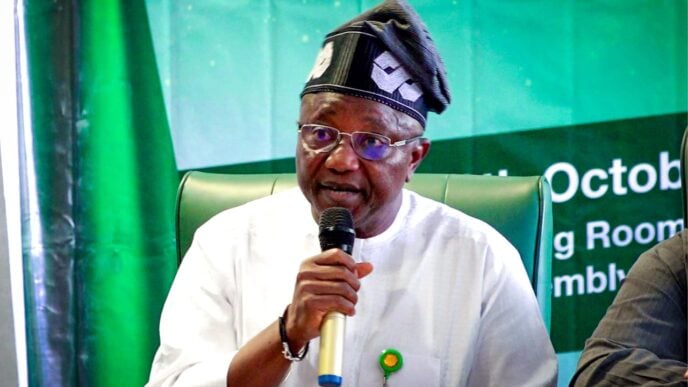Ali Pate
Ali Pate, coordinating minister of health and social welfare, says despite years of reforms and investment in the health sector, the country’s health outcomes remain below regional standards.
Pate, represented by Kamil Shoretire, the ministry’s director, health, planning, research and statistic, spoke during the official unveiling of Nigeria’s country health system and services profiles (CHSSP) report on Wednesday in Abuja.
The report was produced by the Health Policy Research Group (HPRG) of the University of Nigeria, Nsukka (UNN), in collaboration with the Federal Ministry of Health and Social Welfare (FMOH&SW) and the World Health Organisation (WHO).
Pate described the document as an “indispensable tool” that shows the true state of the nation’s health system.
Advertisement
“It holds up a mirror to our health system, showing us not what we wish to see, but what actually exists,” he said.
“This honesty, though sometimes uncomfortable, is precisely what we need to chart a course towards meaningful transformation.”
The minister said although the report shows that Nigeria’s health system is performing at 45 percent — below the African regional average of 56 percent — the finding is “not as a verdict of failure, but as a baseline from which we must urgently improve”.
Advertisement
“Despite various sector reforms over the years, the health outcomes have not kept pace with our investment and efforts,” he said.
“Core health outcomes, including service coverage, patient satisfaction, and financial risk protection, all remain below regional standards. This gap between effort and outcome demands that we not only do more, but we must do things differently.
“These challenges are formidable, but they are not insurmountable. Our Health Sector Renewal Investment Initiative provides a unified roadmap to transform our health system through improved governance, reduced financial barriers, systemic capacity building, health security, and unlocking the healthcare value chain.”
While presenting findings of the profile, Obinna Onwujekwe, the lead researcher and coordinator of the health policy research group, said 70 percent of health services in Nigeria are delivered by private healthcare providers.
Advertisement
He said the private sector operates under weak regulatory oversight and fragmented coordination.
Onwujekwe added that the CHSSP also identified gaps in financing, showing that out-of-pocket spending accounts for 75 percent of total health expenditure.
“Private health providers deliver 70% of healthcare services. Regulation and accountability mechanisms for the private sector remain weak,” he said.
“Reforms in the past have not delivered up to expectations, with hopes high for the recent Nigeria Health Sector Renewal Investment Initiative (NHSRII).”
Advertisement












